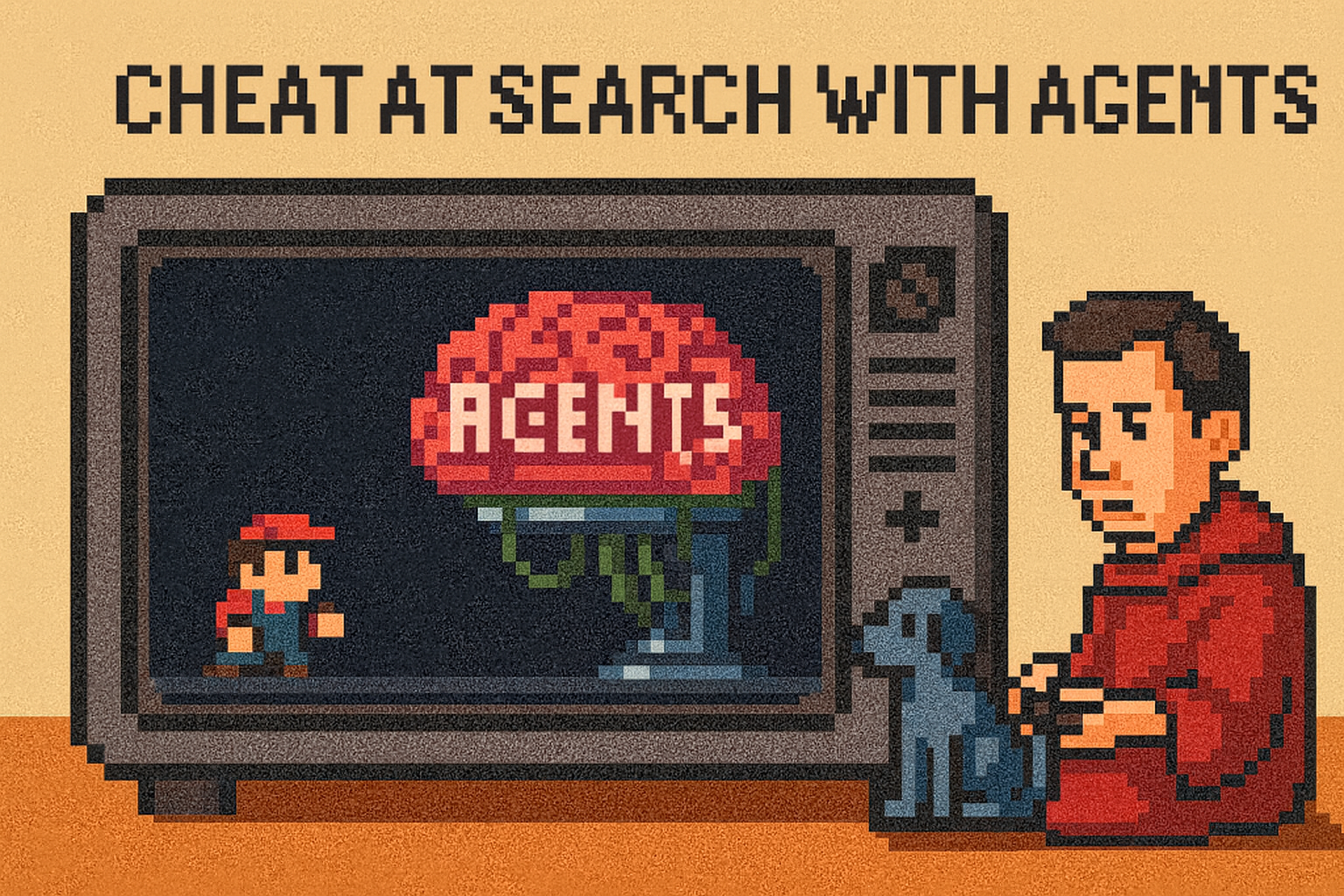ChatGPT says more about the Web than AI.
First, I want to establish one (perhaps controversial?) opinion. People STILL hunger for longform content. Perhaps more than ever. Based on podcast consumption, reading of thoughtful well-loved Reddit posts, and informative YouTube videos, among others.
My kids spend a lot of time on History Oversimplified. I get feedback on a detailed post I wrote about a medical issue a long time ago on Reddit. Now ChatGPT has created another place people read blog-length text answering their question.
That appetite has left the general Web and has gone to more carefully managed places.
Why?
The core reason is consistency. YouTube gives me a pretty consistent experience. I know what I’m going to get. I know all the annoyances. I know how ads show up. I have a clear contract on how I consume content and what I give up in return. Same applies to every other managed experience, whether ChatGPT, Reddit, TikTok or podcasts.
However a random website? I’m programmed to expect it to be borderline malicious. I cautiously browse, close a half dozen popup’s, video ads that suddenly appear, and ignore weird “recommended articles” really ads that look like the websites content itself. The writing itself is terrible - written for Google, not people. And I’m more careful than many non technical relatives that confusingly show me pop up’s that their computer is probably infected and they need to download and run some supposed antivirus.
People still have a good attention span for meaty content, the Web just doesn’t respect their attention!
Those other, better experiences manage their brands. Branding is our mental shortcut for a consistent experience. I know what happens when I go to TikTok. Even a podcast can’t has a handful of modes, none of which can execute code on your computer. If the Web as a brand is in the dumps. It’s a headache. It’s a horribly inconsistent experience.
But still we persist with the Web. For many things we’re stuck with it. We enter informational queries into Google and sometimes get useful enough answers. We have to sometimes click into a site, and hold our nose, while we dig through piles of hot garbage to get what we need. Google is like the hot garbage sifter, helping to dig through the misery to find some nugget other than a dog turd. In many cases trying to solve the problem by just presenting the information themselves on Googles UI.
It’s the ugly, status quo: we accept it because we get convenient, free information. The economy of content production optimizes for SEO, clicks, and conversion. Google does its best to sift through the crap. We know it’s a race to the bottom: every crappy marketing blog optimizing for their own dumb ability to gather an email, and harming the Webs brand. Creating a spiral where consumers want a random Website less, decreasing the quality further, and creating more and more desperate Web content creators. Google sees this and steers traffic away from those sites, putting info on Googles info boxes and search results, keeping users from the crap behind the curtain.
Enter ChatGPT.
Now instead of sifting through hot garbage using Google: the universal dumpster dive tool, we can just ask an oracle a question. We see the answer presented in a consistent format. Sometimes slow or a bit wordy, but it’s there. The entire experience is consistent and unlikely to attack us (it doesn’t yet have the nuclear codes, right?)
ChatGPT is itself a technical marvel. But what it can really do is break the horrible SEO death spiral we live in. It can abstract all human information away from the websites that provide them, and give consumers a better experience than the current blogospam hellscape we live in. Maybe it’s unethical. But my guess is consumers prefer it.
One wonders what things would be like if the Web somehow was not the current hellish experience? Would ChatGPT be as interesting or useful? Perhaps The crisis isn’t AI stealing our jobs, but that we were in a crisis of Web writing quality, and ChatGPT exposed that weakness.
Google can try to respond - but if it abstracts information 100% away from the dumpster fire Web content, the Webs immolation will be complete. There won’t be an incentive to churn out content in the same way to grab that SEO juice.
Or so I suppose. The future of information has never been more uncertain or exciting. Chaos is a ladder after all.
Enjoy softwaredoug in training course form!
Starting Feb 2!
 I hope you join me at Cheat at Search with LLMs to learn how to apply LLMs to search applications. Check out this post for a sneak preview.
I hope you join me at Cheat at Search with LLMs to learn how to apply LLMs to search applications. Check out this post for a sneak preview.
